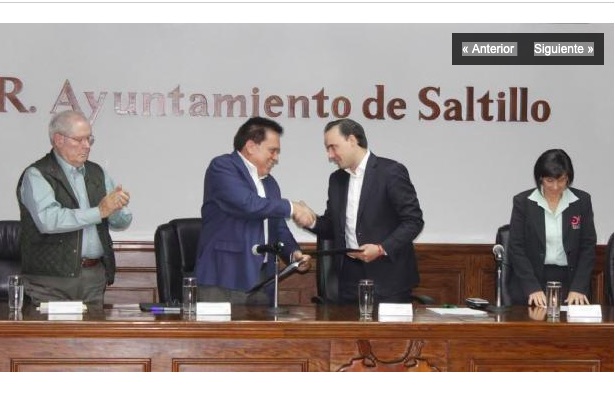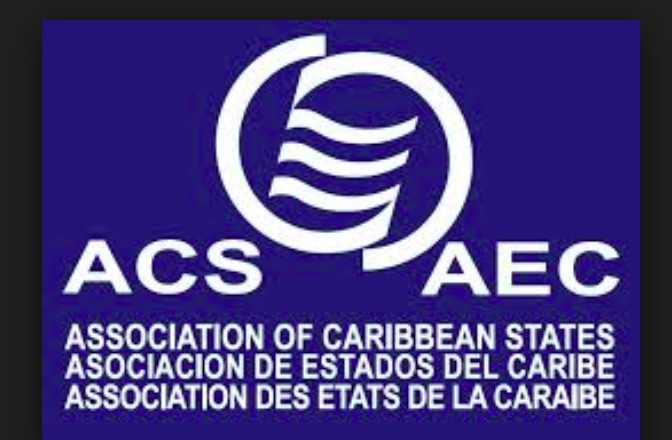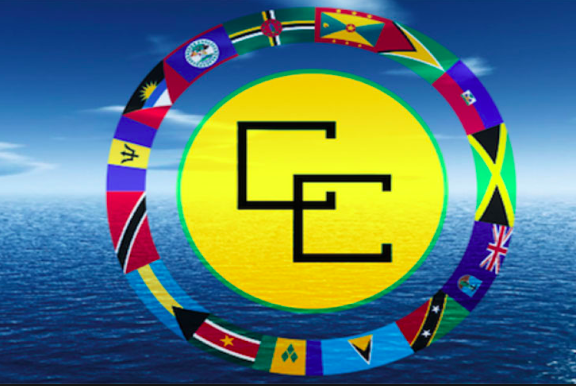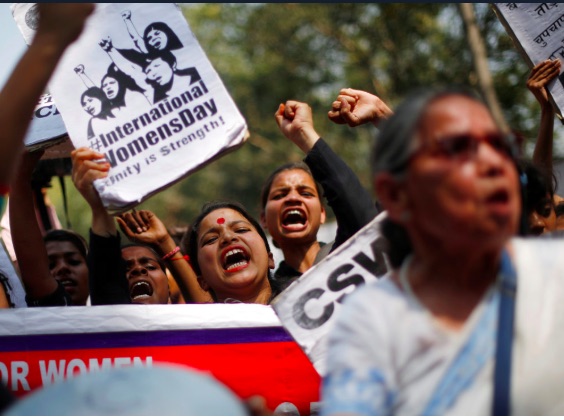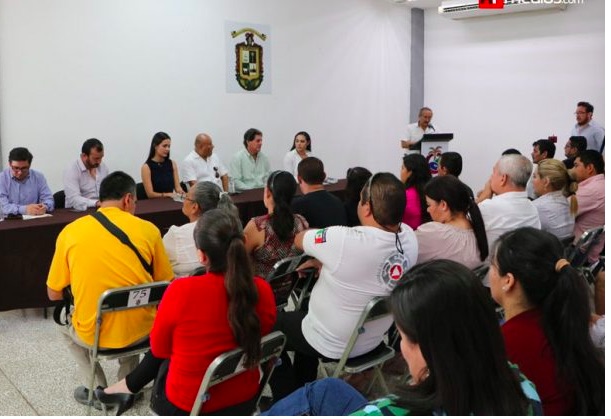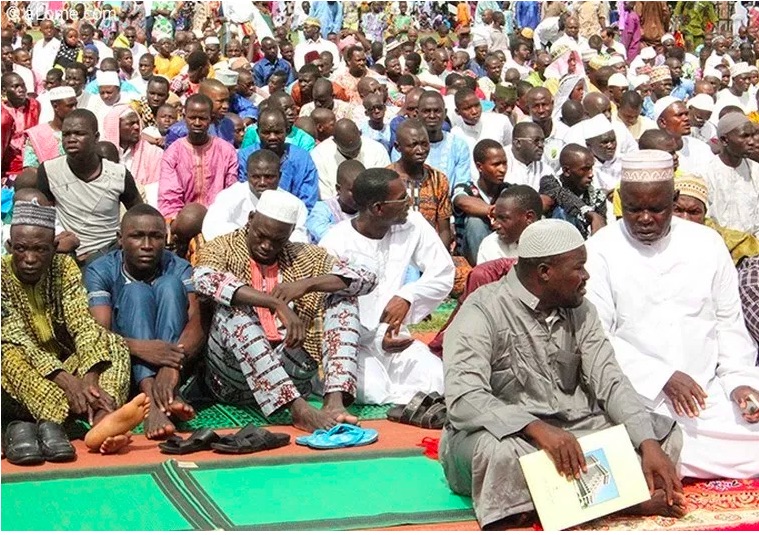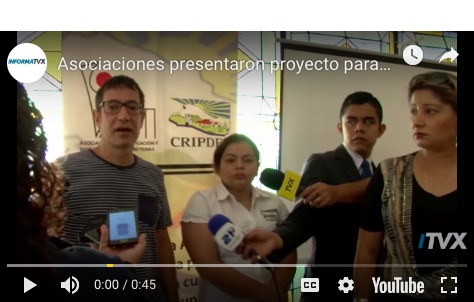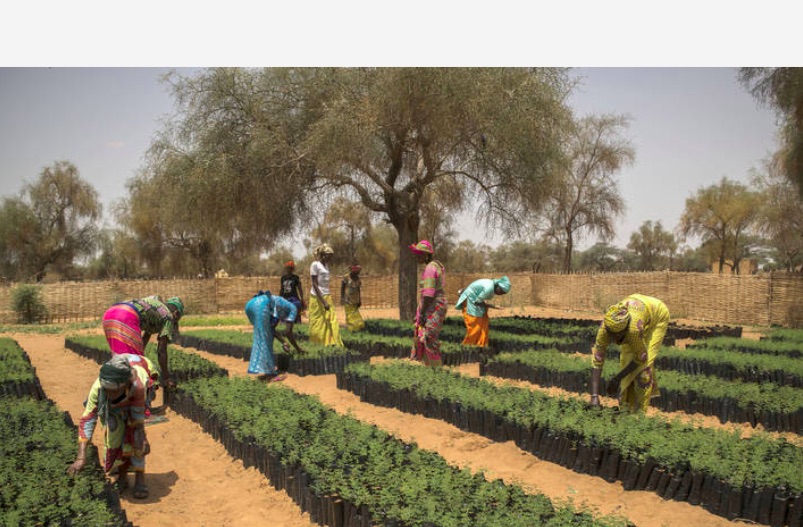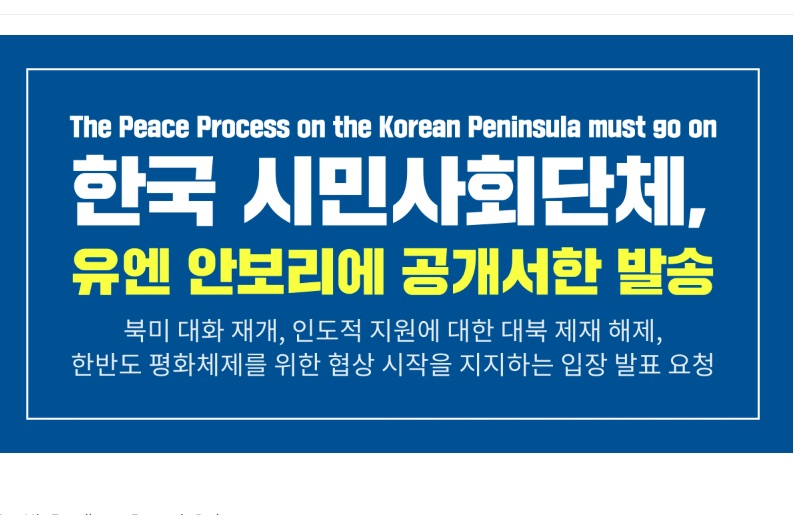. . SUSTAINABLE DEVELOPMENT . .
An article by Silvia Swinden for Pressenza
Somehow for years vested interests had managed to keep a split between the two most damaging effects of burning fossil fuels: climate change leading to disaster in particular to the poorest areas of the planet and the millions of deaths and illnesses caused by pollution, also being the less well off the most affected. Failing to see them together was a way to weaken the arguments against the radical change in the production of energy necessary for our survival.

We had published in Pressenza (Failing to connect the fossil fuel dots of climate change and health ) a well researched paper from the Lancet referring to this combination, but the split remained both in the media and in most grassroots movements.
This is no longer the case. Yesterday’s schools strike carried the complete message. In the words of Greta Thunberg, “This movement had to happen, we didn’t have a choice. Last year’s UN Intergovernmental Panel on Climate Change’s special report on global warming could not have been clearer about the extreme dangers of going beyond 1.5C of global warming. To have any chance of avoiding that extreme danger emissions must drop rapidly – so that by the time we will be in our mid- and late-20s we are living in a transformed world.
“The students who are striking in cities, towns and villages around the world are uniting behind the science. We are only asking that our leaders to do the same.
“If those in power today don’t act, it will be our generation who will live through their failure. Those who are under 20 now could be around to see 2080, and face the prospect of a world that has warmed by up to 4C. The effects of such warming would be utterly devastating. Rivers would flood, storms would wreak havoc on coastal communities and coral reefs would be eliminated. Melting polar ice caps would lead to dramatically higher sea levels, flooding coastal areas. Places on Earth will become uninhabitable.
(continued in right column)
Are we seeing the dawn of a global youth movement?
(continued from left column)
“Scientists have also shown us that burning fossil fuels is “the world’s most significant threat to children’s health”. Nine out of every 10 children around the world are breathing dangerous air. Our lives are being compromised before we are born. Toxic particles from exhaust fumes pass through the lungs of pregnant women and accumulate in the placenta. The risk of premature birth, low birth weight and cognitive dysfunction this causes is a public health catastrophe. Pollution from diesel vehicles is stunting the growth of our lungs, leaving us damaged for life. Toxic air from burning fossil fuels is choking not only our lungs but our hopes and dreams.
“And the worst effects of climate change are disproportionately felt by our most vulnerable communities. This is not just about cutting down emissions, but about equity – the system we have right now is failing us, working only for the rich few. The luxury so few of us enjoy in the global north is based on the suffering of people in the global south.”
In fact The Guardian reports that “The number of early deaths caused by air pollution is double previous estimates, according to research, meaning toxic air is killing more people than tobacco smoking.
“The scientists used new data to estimate that nearly 800,000 people die prematurely each year in Europe because of dirty air, and that each life is cut short by an average of more than two years. The health damage caused by air pollution in Europe is higher than the global average. Its dense population and poor air results in exposure that is among the highest in the world.
“The new research, published in the European Heart Journal, indicates that while air pollution hits the lungs first, its impact via the bloodstream on heart disease and strokes is responsible for twice as many deaths as respiratory diseases.”
The placards from the 100+ participating countries could not be clearer, children know the system is playing with their lives and they are inviting the adults to join in. In Silo’s 2004 words “Yes, it is worthwhile that this Message and that this Universal Humanism gain strength. It is worthwhile for young people to swell the ranks of this Moral Force as a variant of History… so that this current becomes unstoppable and its murmur heard in all the languages of the Earth. Then the new generations will begin to teach the adults with new affection and new understanding.”
In a world poisoned by cruelty and contradictions, the compassion and solidarity from the youngsters that reject this dehumanised system open the future for everyone, if we listen to them and choose to act now, not guided by the misinformation from the powerful but by listening carefully to the subtle call in the depths of our consciousness for compassion and coherence between our thoughts, feelings and actions. Then the violence will begin to retreat and our true human history will flourish.
(Thank you to Janet Hudgins, the CPNN reporter for this article.)



